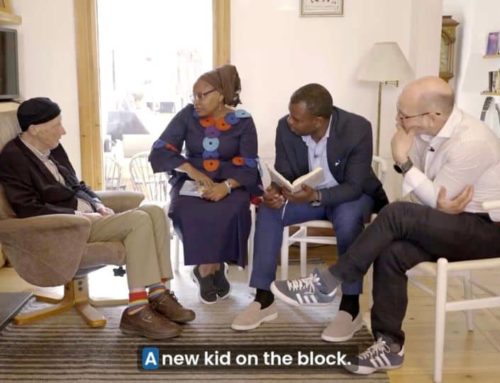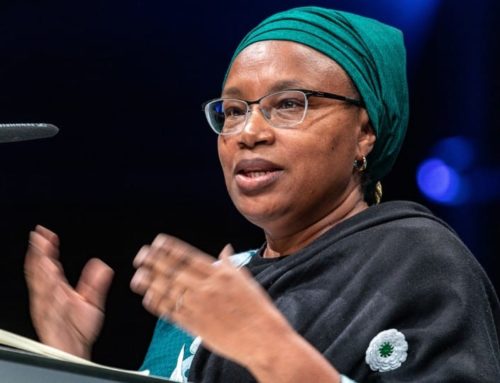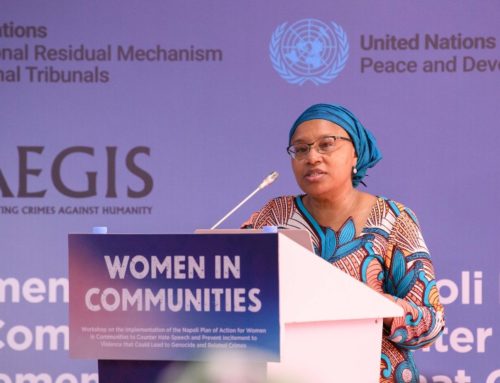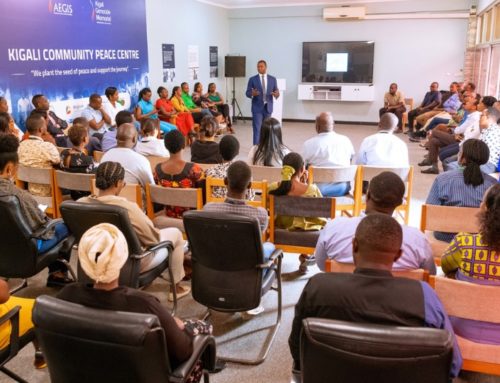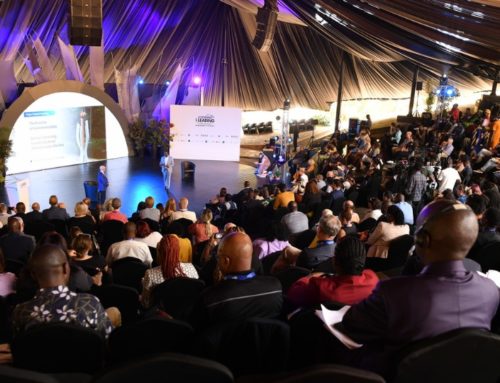 24 May 2012 – International agencies last week raised the alarm that conditions for refugees and internally displaced people (IDPs) in Sudan and South Sudan – already inadequate – are about to get far worse with the onset of the rainy season.
24 May 2012 – International agencies last week raised the alarm that conditions for refugees and internally displaced people (IDPs) in Sudan and South Sudan – already inadequate – are about to get far worse with the onset of the rainy season.
For refugees in South Sudan, there remains at least the possibility of international aid. For IDPs in Sudan itself, however – in South Kordofan and Blue Nile states – there is no international assistance because it has been blocked by the Sudanese Government. Meanwhile, systematic Government bombing of civilians in rebel-held areas is preventing agriculture, displacing growing numbers of people and increasing their risk of starvation.
“Shoot to kill” anyone delivering food aid
In February, a proposal from the UN, AU and Arab League for international humanitarian assistance to war-affected areas of South Kordofan and Blue Nile was welcomed by the armed opposition but not by the Khartoum Government. Earlier this month, UN Security Council Resolution 2046 urged acceptance of the proposal, but this too was rejected by Khartoum.
Addressing Parliamentarians in Khartoum last month on the conflicts with South Sudan and with the Sudan Revolutionary Front (SRF) in Darfur, South Kordofan and Blue Nile, Sudanese Vice President Ali Osman Mohammed Taha said, “We will not let anyone support the enemy with even half a date. Our instruction is clear: shoot to kill…. Shoot to kill. We cannot support the enemy with one hand and fight him with the other hand. We have to stop the smuggling of food to the enemy.”
An estimated 151,000 refugees from South Kordofan and Blue Nile are now in South Sudan and Ethiopia, with hundreds more crossing the borders daily – ‘visibly malnourished’, according to aid workers.
New report on dangers for civilians in Blue Nile
Little concrete information has been emerging about conditions for IDPs in South Kordofan and Blue Nile. However, the latest assessment by the Blue Nile Humanitarian Team – a civil society organisation led by people from Blue Nile who are both in the region and abroad – paints a disturbing picture. The BNHT recorded 120,000 IDPs in April – 25% of whom are children – with another 15,000 people displaced in recent weeks. Stating that over 75% of farmland in Blue Nile is no longer being cultivated due to the war, the BNHT reports that since April, IDPs have been living off wild fruits and tree leaves. The BNHT also reports that on 11 May, IDPs concentrated in the Baw Mountains were shelled by Government forces from both east and west of their locality, causing around 3,000 to flee to the southwest of Baw. Some of those fleeing described the situation they left as “the worst they have ever seen in their life.”
“In both words and actions the Sudanese Government has made its intentions towards the people of South Kordofan and Blue Nile very clear: denial of food is being used as a weapon not only against the armed opposition but against an entire population,” says Aegis Special Representative Dr Mukesh Kapila, former head of the UN in Sudan.
“Since repeated efforts to obtain humanitarian access through the Government of Sudan have failed – and are likely to continue to fail – the British Government and wider international community should be suitably flexible in considering supporting those organisations – including local community groups – that can facilitate assistance. This is not without risks. However, time is at a premium with tens of thousands of lives under threat and, with every prospect of a human catastrophe, bolder-than-usual measures are justified,” says Dr Kapila.
“The UK government should consider its own diplomatic relations with a regime which continues to abuse and terrorise its people,” says Dr James Smith, Chief Executive of the Aegis Trust.
To read the Blue Humanitarian Team assessment, click here.
To download an excel spreadsheet containing raw data from the BNHT assessment, click here.

